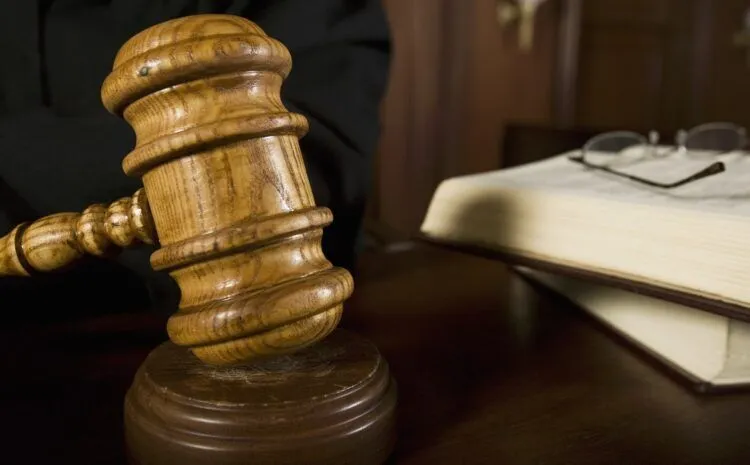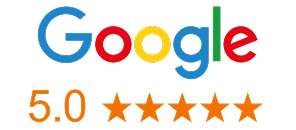
To buy or not to buy, that is the question. Owners of small businesses have the option of buying or leasing a wide range of assets. You have options, whether it’s your physical location, laptops, servers, furniture, vehicles, or almost anything in between. Buying may or may not be the right choice for you as a real estate litigation lawyer can share. Whatever interests you, you should explore whether leasing is an option.
The Different Types Of Equipment A Small Business Owner Can Lease
Leasing property and or equipment may be a better financial strategy. It may make sense to buy some things or lease others. Here are some things that can be leased:
1. Property
Whether it’s a storefront, office, or industrial facility, you may find a lease is a better deal than a purchase. A purchase involves high upfront costs, plus you’ll need to pay to insure, maintain, and repair your location. You’ll also have taxes to pay.
2. Office Equipment
Practically anything involving a capital expense can be leased, whether that’s furniture, computers, servers, copiers, printers, and telecommunications equipment.
3. Machinery And Tools
If you’re in construction, manufacturing, or a similar industry, leasing tools and machinery can give you flexibility and save money. You may be able to afford better, more capable machinery and equipment through a lease instead of going deep into debt to purchase big-ticket items.
4. Vehicles
Businesses needing logistics support often lease vehicles to manage costs more efficiently. Leasing may make sense if you’re sending employees to clients to deliver, install, or repair things. You may also obtain specialized vehicles more affordably with a lease.
5. Retail Equipment
Retailers face stiff competition, and having the right equipment can enhance customer experience and improve operational efficiency. You may be able to lease something as high-tech as the latest point of sale or IT systems or equipment as simple as shelves or a display case.
What Are The Pros And Cons Of Leasing?
Some of the benefits of leasing include the following:
- You may enjoy reduced upfront costs. With a lease, you can spread the burden over time.
- You may get access to the latest technology without the commitments that come with ownership. This may be especially important if staying on technology’s cutting edge is important
- Leasing may provide you with tax advantages. Lease payments are often fully deductible as business expenses, lowering your taxable income and improving your financial situation. Discuss leasing with your accountant to be fully informed about how this may or may not work for your business
- Leasing gives you some flexibility to adapt as your needs change. If your business is new or seasonal, this ability to change may be a big bonus
- A lease may include maintenance and support, potentially saving you time, money, energy, and aggravation if the equipment needs repairs
The costs of leasing include:
- Leasing may be financially manageable upfront, but you may have higher overall costs in the long run. Over time, you may pay more to lease something than to buy it
- What you pay doesn’t provide you equity in what you lease. After the lease term ends, you may or may not have the option of buying it
- A lease can come with specific terms and conditions, including limits on your usage, changes, or customizations, which may pose problems
- Depending on the lease, you may need to continue paying for something you no longer want or need
You need to consider your options, and the future changes your business may face, and balance the short and long-term costs and benefits.
How Do You Decide To Buy Or Lease?
This choice can significantly impact your cash flow, operational flexibility, and financial health. Here are some things to think about.
1.Your Financial Situation
If your cash reserves are limited, leasing may be the better choice so that you can conserve your capital for other essential business expenses. If a purchase can give you substantial savings or financing on favorable terms, purchasing might be the way to go. You must also consider your expected future cash flow and how payments will fit into your budget.
2. Your Type Of Business
Do you need equipment that constantly evolves and improves over time? If so, leasing may be the better route. Buying may be the better option if you’re in a stable industry where facilities or equipment are long-lived.
3. The Total Cost Of Ownership Vs. Leasing
What’s your total cost of ownership (TCO) versus the total cost of leasing (TCL)? TCO involves the purchase price, financing costs, repairs, depreciation, and insurance. TCL covers lease payments, ongoing fees, and associated costs.
4. Tax Implications
Lease payments may be deductible business expenses, but owning something allows for depreciation deductions over time. Which is better for you?
5. Your Long-Term Needs
What are your long-term business plans? Will you be in one location and need specific equipment for the foreseeable future? If so, buying may be wise. Do you foresee frequent moves or upgrades? If so, leasing may allow you to adapt without significant costs.
Your attorney can help you with legal questions about a significant purchase or lease. Never sign anything you don’t understand. They may explain important lease terms so you know what to expect. Your lawyer may also help you negotiate better terms if a lease involves major expenditures.


